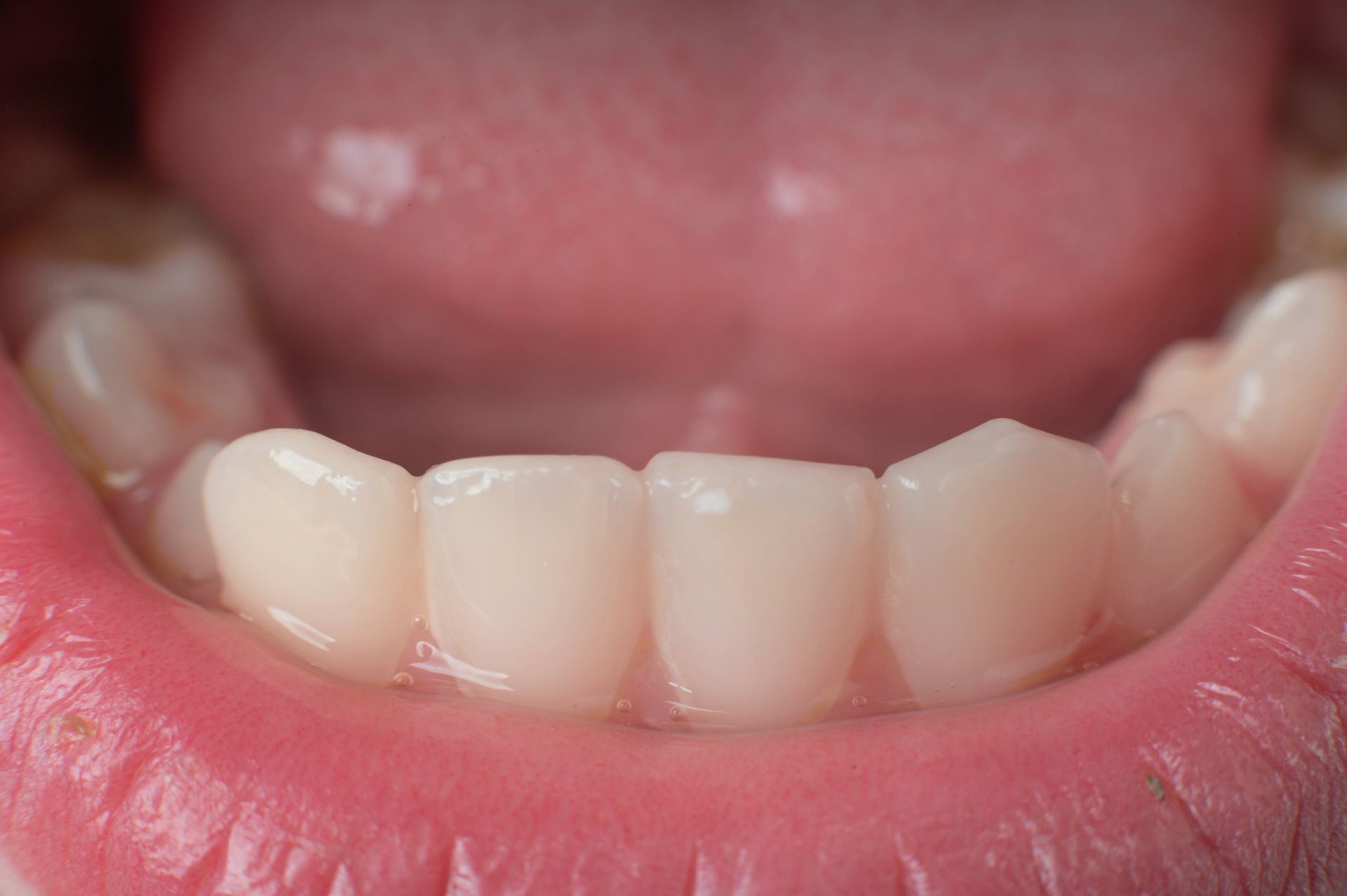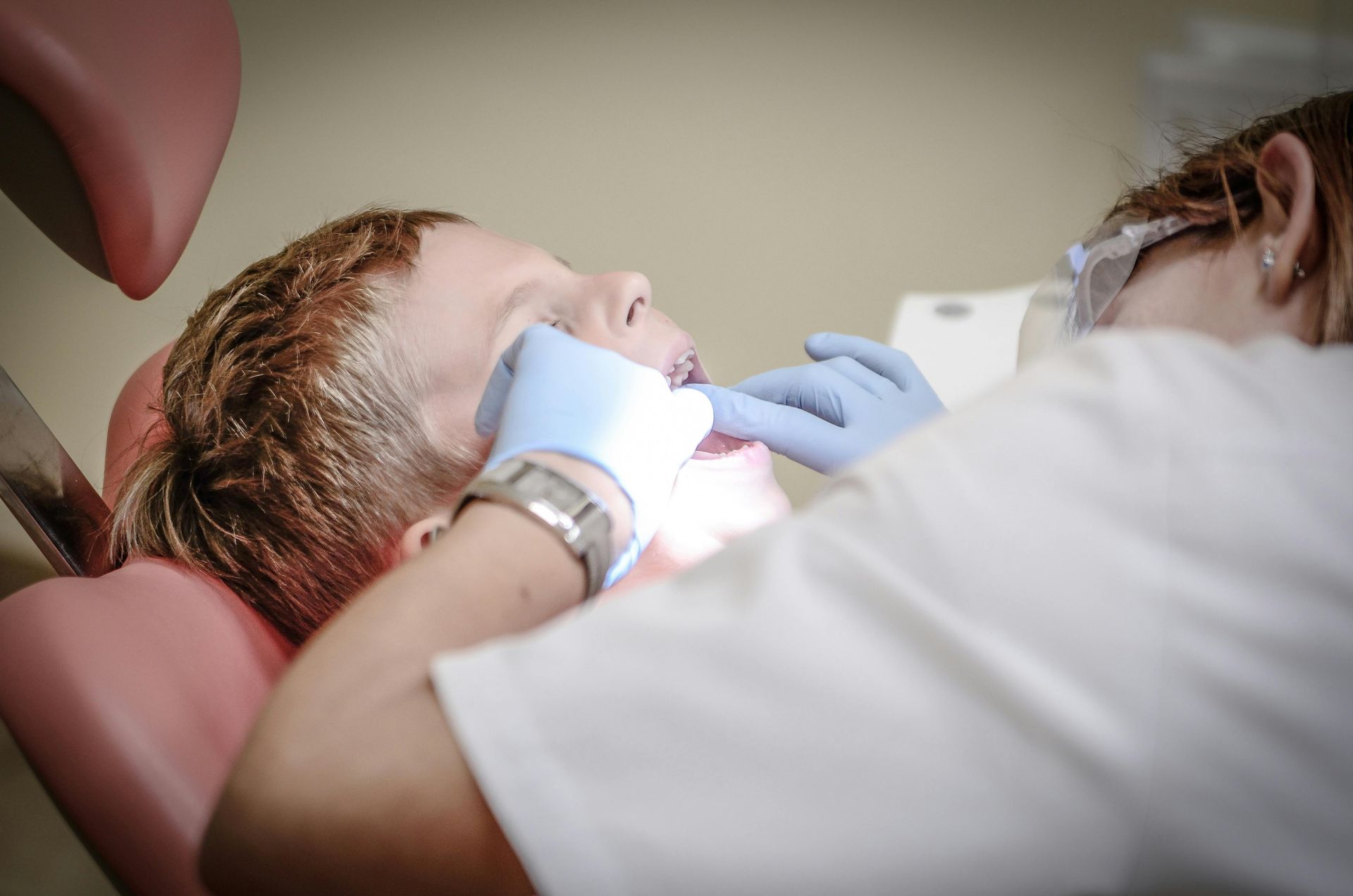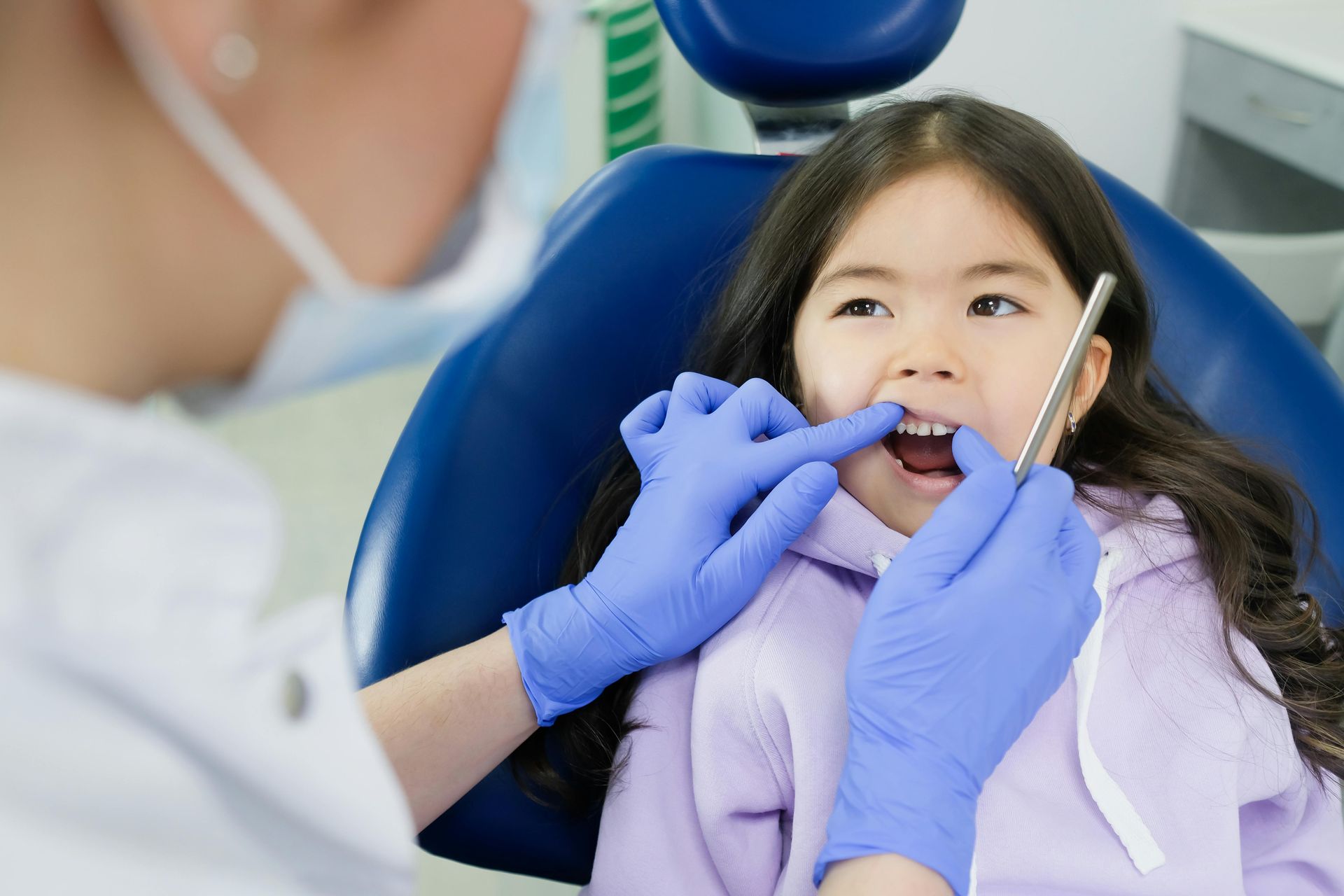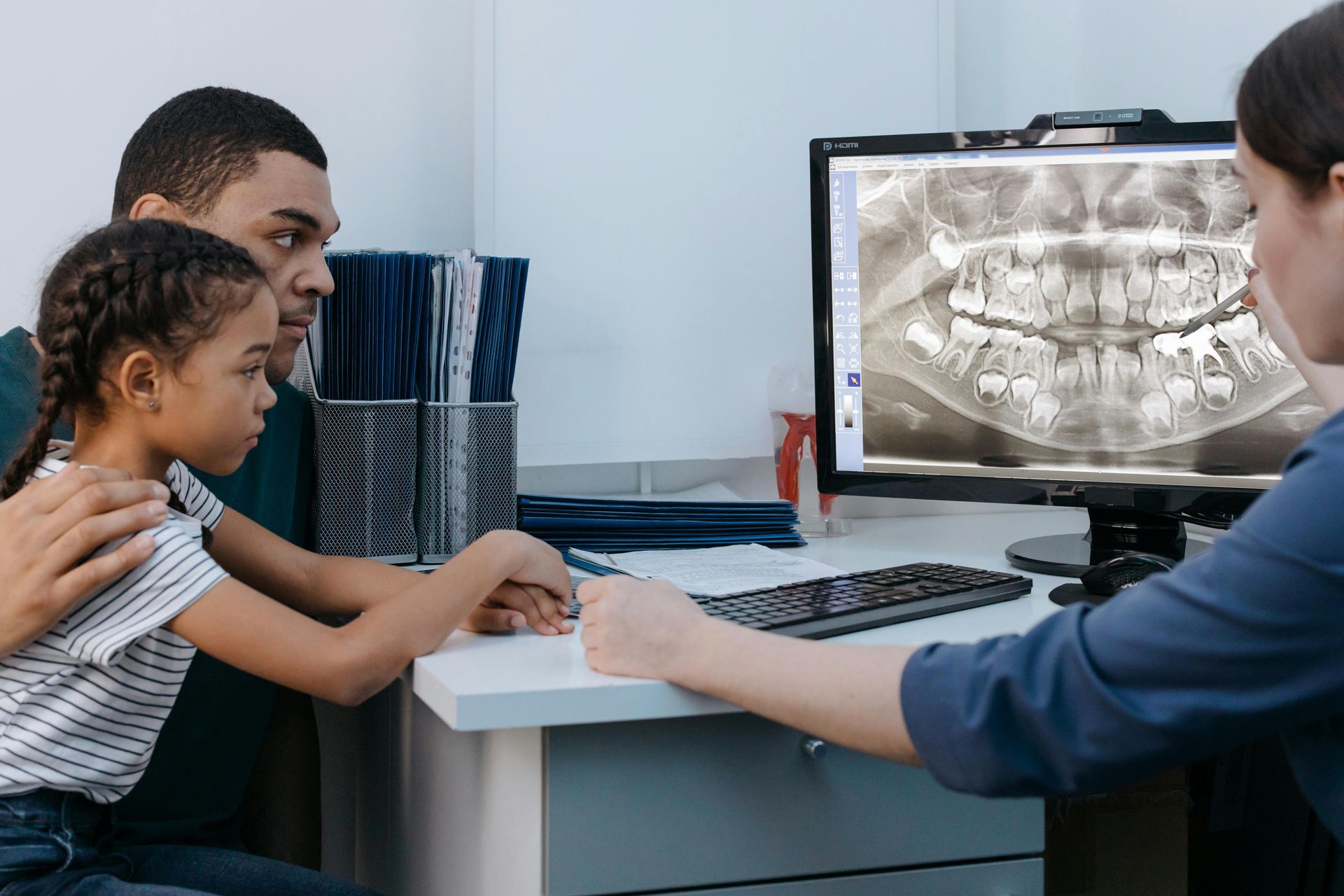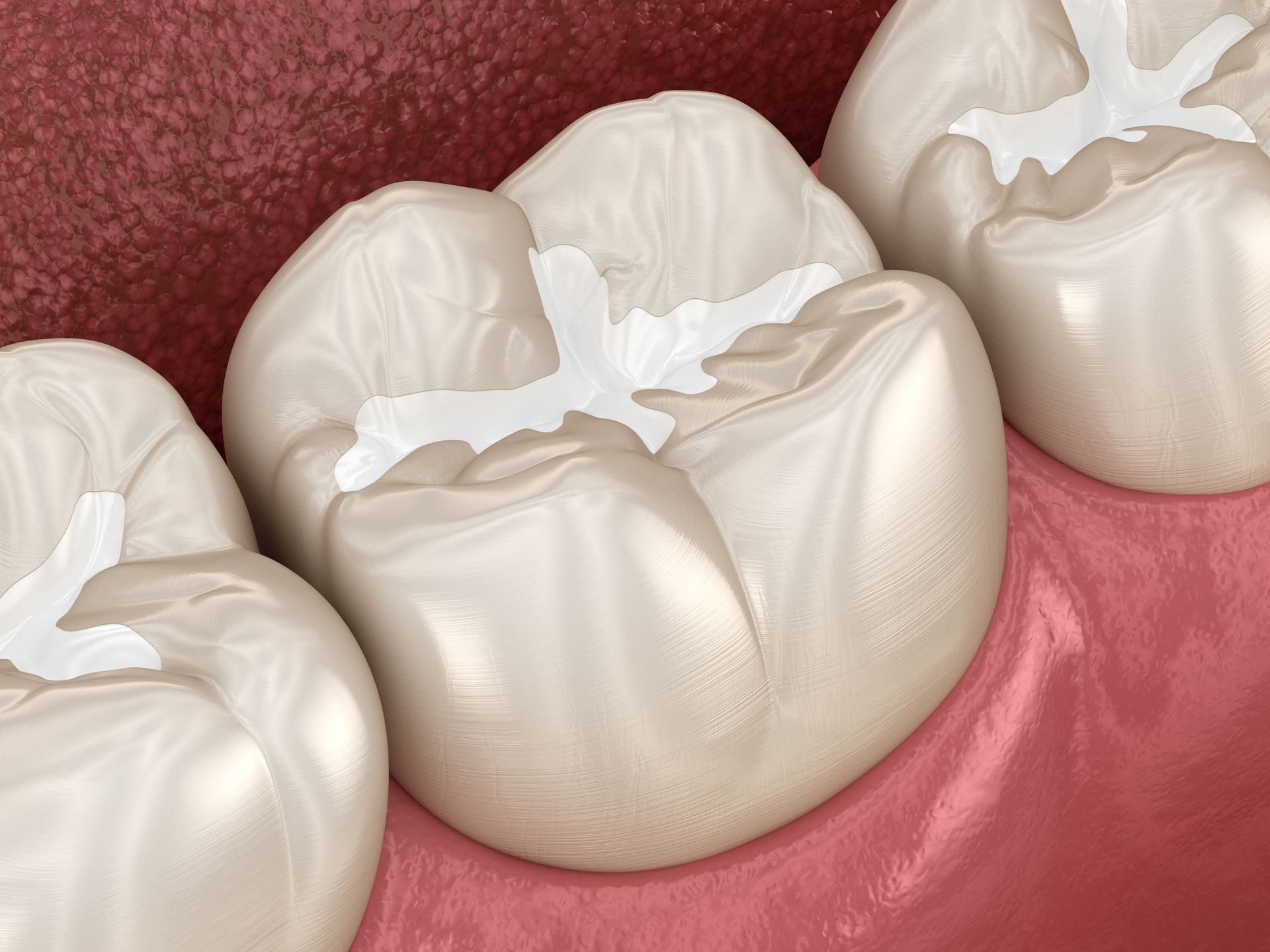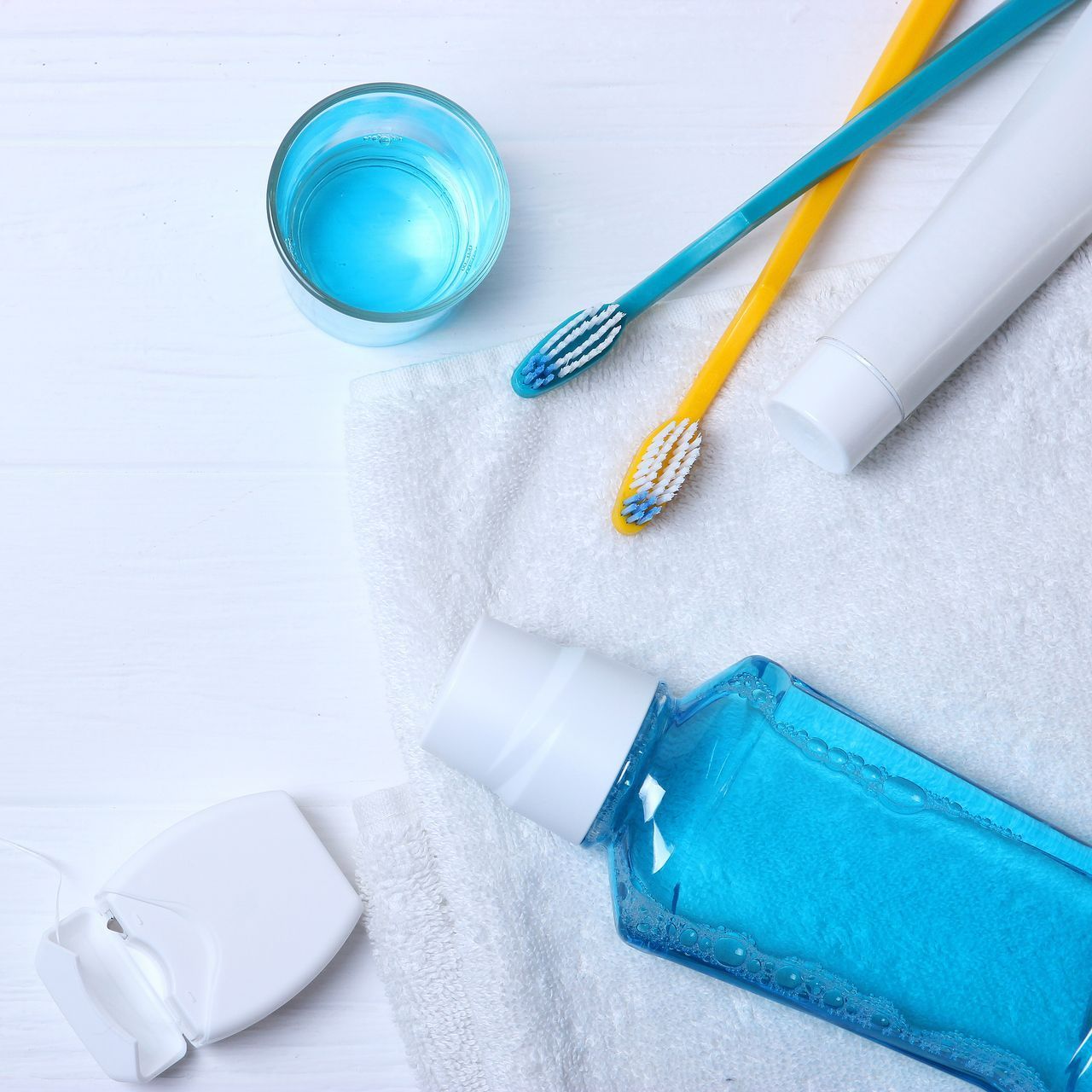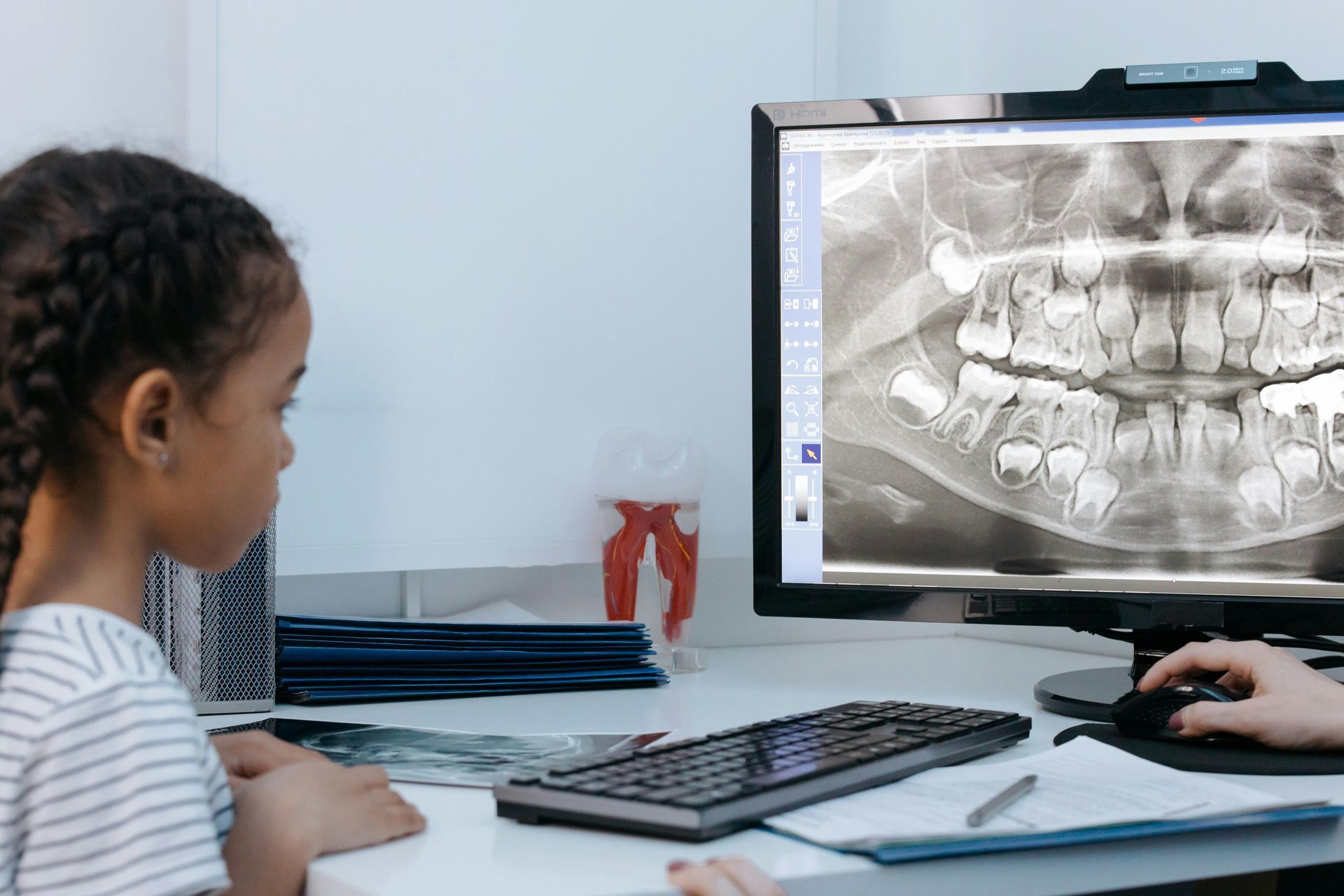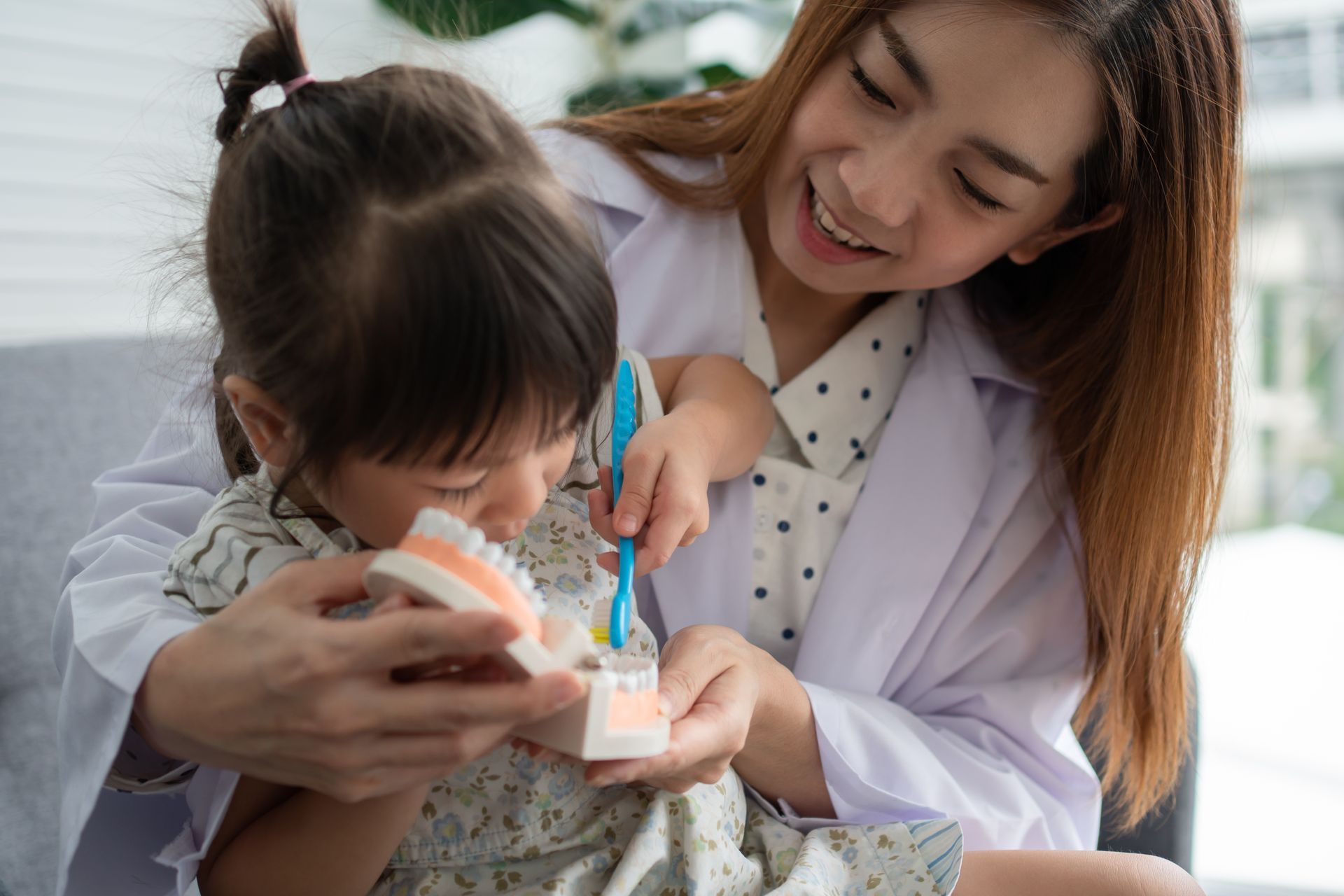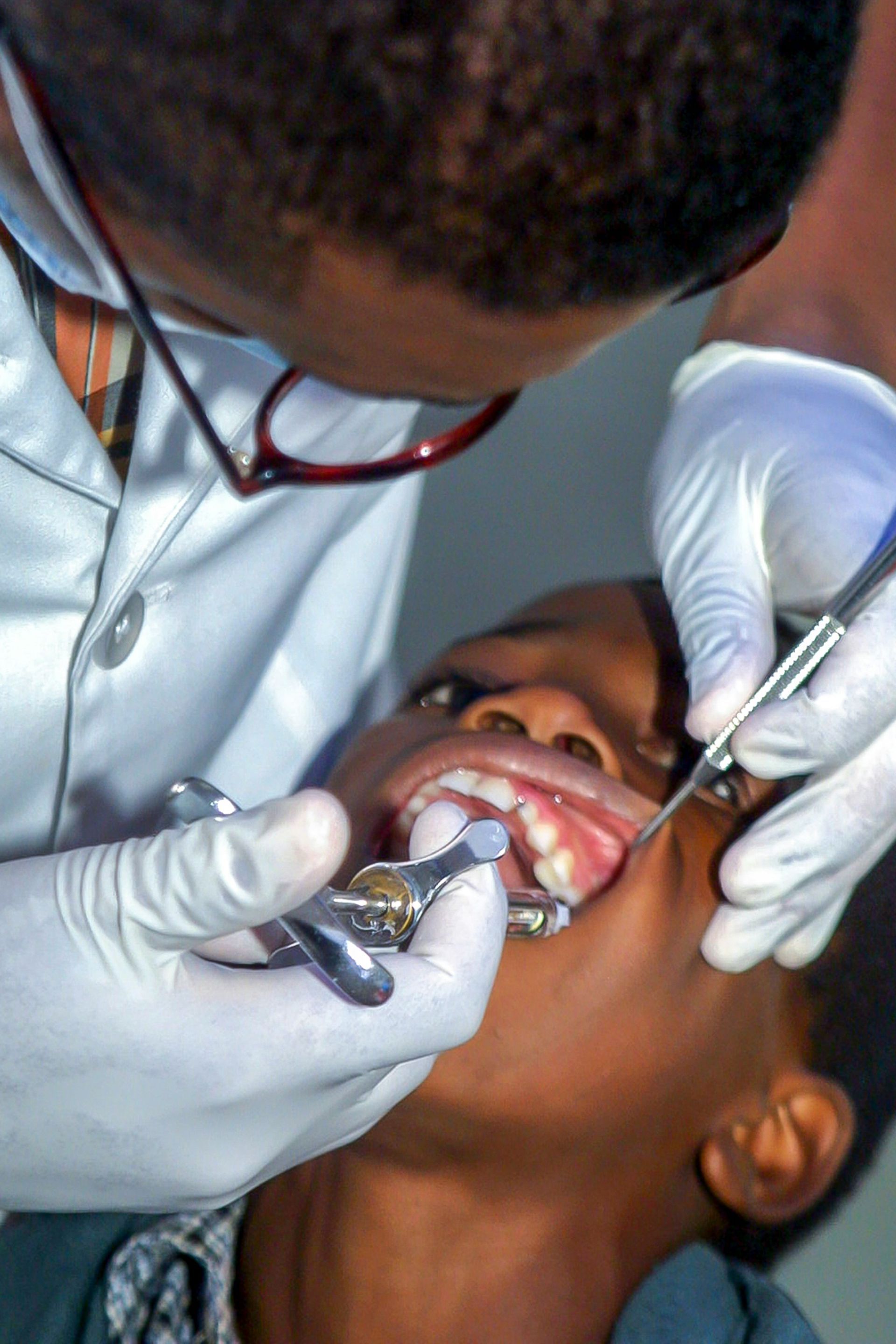Here is What We are Doing

Tooth Injuries in Children: A Guide for Parents
Tooth injuries are a common concern for children, especially as they grow and engage in various physical activities. Whether it’s a toddler learning to walk or a young athlete playing sports, accidents can happen, leading to dental trauma. Understanding how to respond to these injuries can help parents manage the situation effectively and ensure their child’s oral health is preserved. This blog post will delve into the most common types of tooth injuries in children, how to prevent them, what to do when they occur, and when to seek professional help.
Common Types of Tooth Injuries in Children
Children are naturally curious and active, which makes them more susceptible to tooth injuries. Understanding the types of injuries can help parents identify the severity of the situation.
- Chipped or Fractured Teeth: This type of injury occurs when a part of the tooth breaks off, often due to a fall or a hard impact. Chipped teeth may not always cause pain, but if the fracture reaches the tooth’s nerve, it can lead to significant discomfort.
- Knocked-Out Teeth (Avulsion): A knocked-out tooth is one of the most serious dental injuries. It occurs when the tooth is completely dislodged from its socket. While this injury is more common in older children with permanent teeth, it can happen with baby teeth as well.
- Displaced Teeth: Sometimes, a tooth can be pushed out of its normal alignment due to an impact. The tooth may be moved inward, outward, or to the side, which can affect the child’s bite and lead to discomfort.
- Luxation (Loosening) of Teeth: Luxation occurs when a tooth becomes loose but remains in the socket. This injury can cause pain and sensitivity, especially when eating or touching the tooth.
- Intruded Teeth: An intruded tooth is pushed into the gum, often appearing shorter than the surrounding teeth. This type of injury can damage the developing permanent tooth underneath and requires immediate attention.
How to Prevent Tooth Injuries in Children
Prevention is always better than cure, and there are several ways parents can minimize the risk of tooth injuries in their children.
- Mouthguards: For children involved in sports, especially contact sports like football, hockey, or martial arts, wearing a mouthguard is essential. Mouthguards provide a cushion that absorbs impact, protecting teeth from injury.
- Supervision: Young children are particularly prone to accidents as they learn to walk, run, and explore their environment. Close supervision during playtime, especially on playgrounds or near hard surfaces, can help prevent falls that could lead to dental injuries.
- Safe Play Areas: Ensure that your child’s play area is free from hazards. Sharp edges, hard surfaces, and objects that could cause tripping should be avoided or padded.
- Dental Check-ups: Regular dental check-ups can help identify potential issues that might make a child more susceptible to injury, such as weak enamel or misaligned teeth. Your dentist can provide personalized advice to reduce the risk of injuries.
- Education: Instruct your child on the importance of oral health. Explain why they should avoid chewing on hard objects like ice or pencils and the importance of wearing protective gear during sports.
What to Do When a Tooth Injury Occurs
When a tooth injury occurs, quick and appropriate action can make a significant difference in the outcome. Here’s a step-by-step guide on how to handle common tooth injuries:
- Chipped or Fractured Teeth: If your child’s tooth is chipped or fractured, rinse their mouth with warm water to clean the area. Apply a cold compress to the outside of the mouth to reduce swelling. Collect any broken pieces of the tooth if possible, and contact your dentist immediately for further advice.
- Knocked-Out Teeth: For a knocked-out permanent tooth, time is of the essence. Try to find the tooth and handle it by the crown (the part that’s visible in the mouth), avoiding touching the root. Wash the tooth under gentle running water, but be careful not to scrub or dislodge any tissue. If possible, place the tooth back into the socket and have your child bite down gently on a clean cloth to hold it in place. If the tooth can't be kept wet inside your mouth, preserve it in milk or saline and immediately seek emergency dental care.
- Displaced or Loosened Teeth: If your child’s tooth is displaced or loosened, have them avoid eating or touching the tooth. Apply a cold compress to reduce swelling, and contact your dentist as soon as possible. The dentist may need to reposition the tooth and stabilize it with a splint.
- Intruded Teeth: An intruded tooth should be treated as a dental emergency. Avoid touching the tooth and contact your dentist immediately. The dentist will assess the situation and determine the best course of action, which may involve repositioning the tooth or monitoring it for further complications.
When to Seek Professional Help
While minor tooth injuries can sometimes be managed at home, certain situations require immediate professional intervention. Knowing when to seek help can prevent complications and ensure your child’s oral health is maintained.
- Severe Pain or Swelling: If your child experiences severe pain or swelling after a tooth injury, it’s crucial to see a dentist immediately. This could indicate damage to the tooth’s nerve or surrounding tissues.
- Bleeding That Doesn’t Stop: If there is significant bleeding that doesn’t stop after applying pressure for 10 minutes, seek emergency dental care. Persistent bleeding can indicate a serious injury.
- Difficulty Eating or Speaking: If your child has difficulty eating, speaking, or closing their mouth properly after an injury, they should see a dentist as soon as possible. This could indicate a misalignment or damage to the jaw.
- Knocked-Out Permanent Tooth: As mentioned earlier, a knocked-out permanent tooth is a dental emergency. Seeking immediate care increases the likelihood of saving the tooth.
- Visible Changes in Tooth Color: If a tooth changes color (turning gray, yellow, or brown) after an injury, it may indicate that the nerve has been damaged. This requires prompt evaluation by a dentist.
Long-Term Care and Monitoring After a Tooth Injury
After the initial treatment of a tooth injury, it’s essential to continue monitoring your child’s oral health to ensure proper healing and to prevent long-term complications.
- Follow-Up Appointments: Schedule follow-up appointments with your dentist to monitor the injured tooth’s progress. The dentist will check for signs of infection, root damage, or issues with tooth development, especially if the injury occurred to a baby tooth.
- Oral Hygiene: Encourage your child to maintain good oral hygiene by brushing twice a day and flossing regularly. This will help prevent infection and support the healing process.
- Dietary Considerations: Depending on the injury, your dentist may recommend a soft food diet for a few days to avoid putting stress on the injured tooth. Stay away from hard or sticky treats to prevent further damage to the tooth.
- Monitoring for Complications: Keep an eye on the injured tooth for any changes, such as discoloration, increased sensitivity, or swelling. Should you notice something different, call your dentist immediately.
- Psychological Support: Children can sometimes be anxious or fearful after a dental injury. Reassure them and provide comfort. If your child expresses ongoing fear or anxiety about visiting the dentist, consider discussing this with your dental care provider, who may have strategies to help.
Contact Amarillo Super Smiles for Kids
At Amarillo Super Smiles for Kids, we understand how stressful a dental injury can be for both parents and children. Our experienced team is here to provide compassionate, expert care to ensure your child’s smile stays bright and healthy. If your child has experienced a tooth injury or if you’re looking for preventive care to keep their teeth safe, don’t hesitate to reach out to us. We offer a range of pediatric dental services like dental cleaning, tooth extraction, and cavity treatment, all tailored to meet the unique needs of children.
Give us a call today at
(806) 581-4180 to schedule an appointment or to speak with one of our friendly staff members. Let us help your child maintain a happy, healthy smile!

